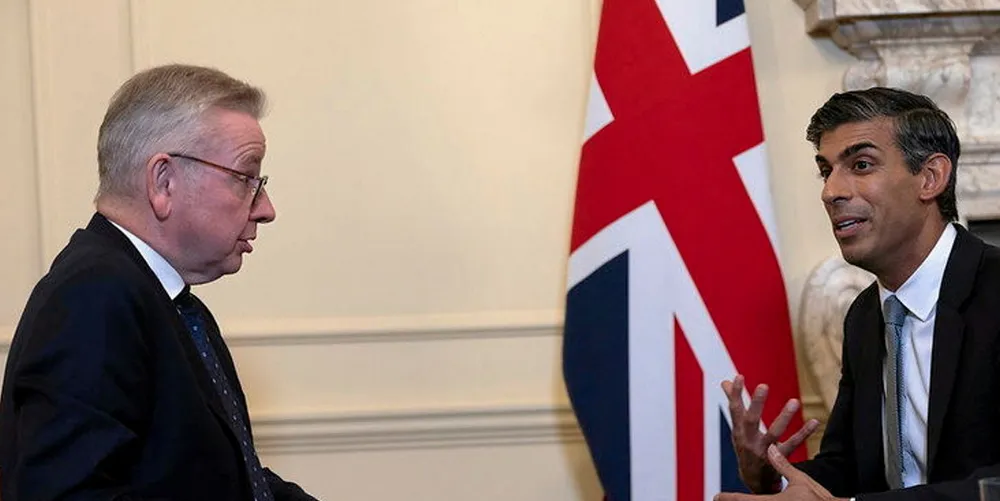System still ‘stacked against’ onshore wind despite UK rule changes
Criticism that alterations still mean it is easier to build fossil fuel plants, or even a landfill, than onshore wind turbines

Criticism that alterations still mean it is easier to build fossil fuel plants, or even a landfill, than onshore wind turbines
